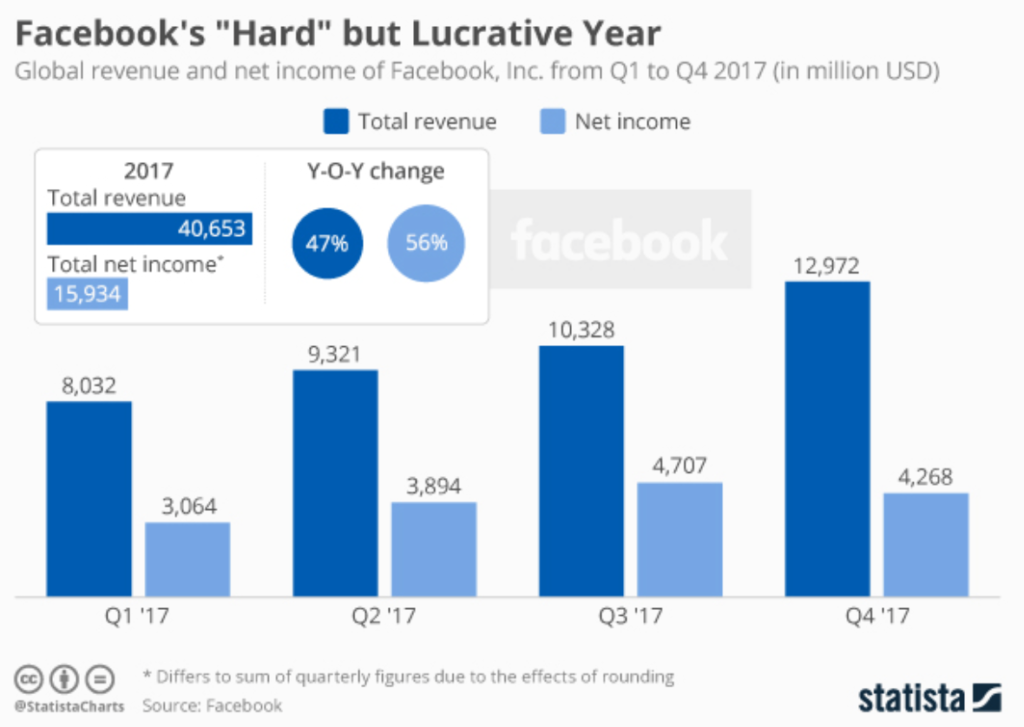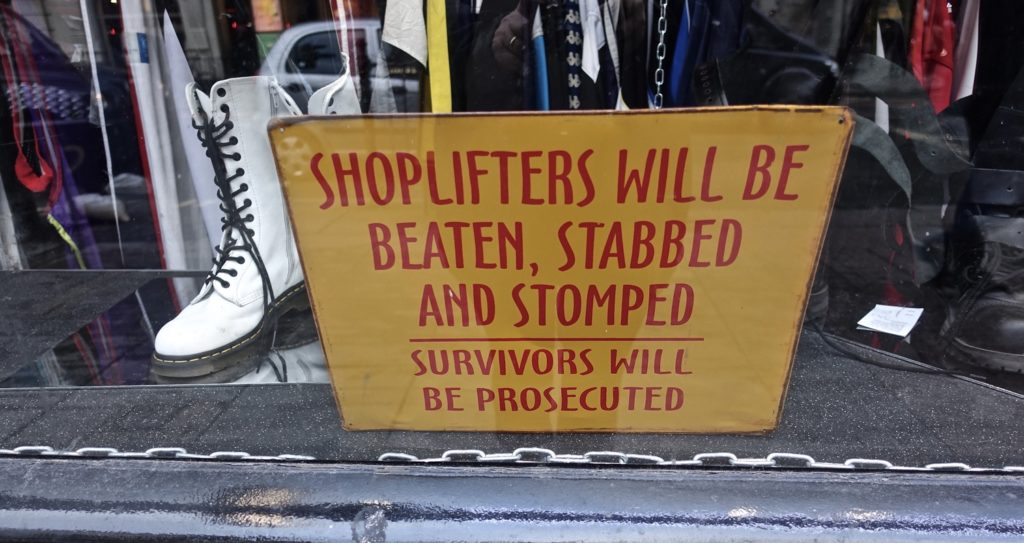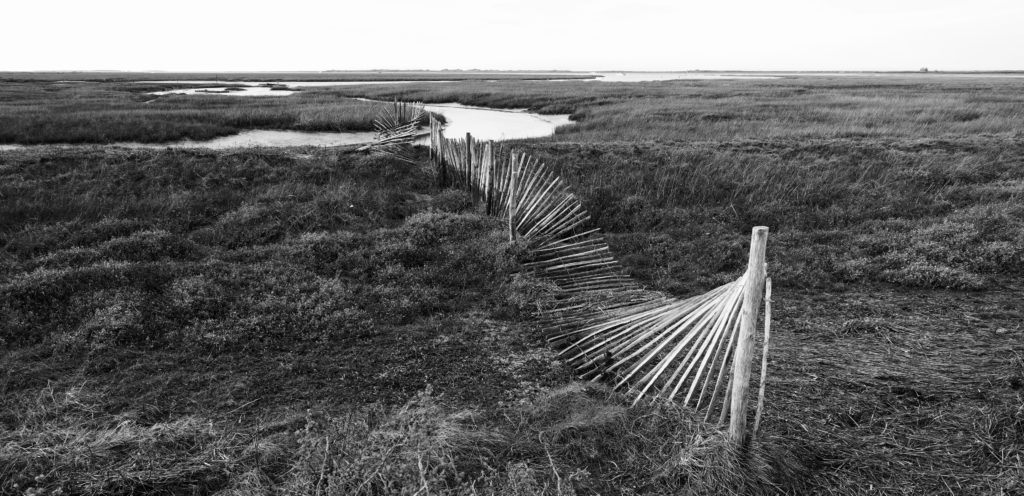You became a professor at Cornell without ever having received a Ph.D. You seem almost proud of that fact.
Oh, yes. I’m very proud of not having a Ph.D. I think the Ph.D. system is an abomination. It was invented as a system for educating German professors in the 19th century, and it works well under those conditions. It’s good for a very small number of people who are going to spend their lives being professors. But it has become now a kind of union card that you have to have in order to have a job, whether it’s being a professor or other things, and it’s quite inappropriate for that. It forces people to waste years and years of their lives sort of pretending to do research for which they’re not at all well-suited. In the end, they have this piece of paper which says they’re qualified, but it really doesn’t mean anything. The Ph.D. takes far too long and discourages women from becoming scientists, which I consider a great tragedy. So I have opposed it all my life without any success at all.
From a lovely interview with Dyson on his 90th birthday.




